Nội Dung Chính
- 7 VOCABULARY • Verbs: taking action
- Petition power!
- 7 READING • Being kind
- 7 LANGUAGE FOCUS • Reported speech
- 7 VOCABULARY AND LISTENING • Personal qualities
- 7 LANGUAGE FOCUS • The second conditional
- 7 SPEAKING • Supporting a point of view
- WRITING • A discussion essay
- Language point: References and pronouns
(Page 70)
7 VOCABULARY • Verbs: taking actionI can talk about suggestions for change. |
| |||||||
| THINK! Do you believe strongly in something? Have you, or someone you know, ever campaigned about an issue? What was the campaign about? 1🔊 2.20 Match the verbs in blue in the text with the noun forms in the box. Listen and check.
campaign - a campaign 2 Read the online petitions and decide if you support the ideas. Then work with a partner and explain why you agree or disagree with each. 3 Use the verbs in exercise 1 to create your own petition. It can be serious or funny. Can you persuade anyone in the class to sign it?
| Petition power!Do you want Everyone CAN make a difference, and you don’t need to donate money or volunteer. You simply need to sign a petition online. Here are a few active campaigns from the internet ...
| |||||||
(Page 71)
How supermarkets see fruit and vegetables: PERFECT UGLY Supermarkets reject 20–40% of fruit and vegetables because they aren’t "perfect." We propose that supermarkets sell ugly fruit and vegetables at a lower price. Help us end food waste and allow more people to buy cheap, healthy food. Please support our campaign. learn more >
| 4 🔊2.21 Listen to 5 🔊 2.21 Watch or listen again and fill in each blank with ONE word.
6 USE IT! Work in pairs. Use the words in exercise 1 and the key phrases to make suggestions for the problems below. Decide which two changes you would make.
|
(Page 72)
7 READING • Being kind
I can scan a text to locate information.
THINK! When did someone last do something kind for you? What was it?
CHANGING THE WORLD WITH KINDNESS
Sometimes a spontaneous act of kindness can change another person’s life. Read about these incredible people and their actions that helped to make the world a better place for someone else.
|
1 Read the Study Strategy below. Then scan the online article above to find out what jobs Daniel Black, Hoàng Tuấn Anh, and Glen James had.
2 🔊 2.22 Read and listen to the online article again. Why are these numbers mentioned? 1 £22,000 2 $42,000 31.5 kg
|
3 🔊 2.22 Read and listen to the article again. Write true or false. Correct the false sentences. 1 The writer doesn’t believe that there are advantages to being kind. 2 Daniel Black and the boy both got the medical treatment they needed. 3 Receiving money changed Glen James’s life. 4 The rice ATMs distributed an unlimited amount of rice each time. 4 VOCABULARY PLUS Use a dictionary to check the meaning of the nouns in blue in the text. What is the verb form of each one? 5 USE IT! Work in pairs. Which story did you like best? Why?
|
(Page 73)
7 LANGUAGE FOCUS • Reported speech
I can report what people said.
| 1 Complete each sentence with ONE word from the article on page 72. 1 The doctors told him that he ...................... walk or play the guitar. 2 Daniel told the boy’s family that he ...................... donate all his money to the boy’s surgery. 3 The police said that he ...................... to return a bag with $42,000 in it to the owner. 4 The team said that people in need still ...................... access to food and resources. 2 Choose the correct options to complete the rules.
3 Study the rules, then complete the following sentences. 1 ‘You have to rest for 3 months.’ The doctors told me that I ..................... to rest for 3 months. 2 ‘Honey can prevent the growth of bacteria.’ Some scientists said that honey..................... prevent the growth of bacteria. 3 ‘I am raising some money for my poor students.’ She told me that she..................... some money for her poor students. 4 ‘When you spread kindness, you may feel good about yourselves.’ Our teacher said that when we ..................... _ kindness, we ..................... feel good about ourselves.
| 4 Find and correct the mistakes in the sentences.1 He said that it isn’t a good idea. 2 They didn’t tell me that they will visit Hạ Long Bay. 3 The dentist told that his tooth needed filling. 4 Liên said that she may be absent from the meeting. 5 USE IT! Work in pairs. Look at the photos. Take turns to report what your mother said to you in these photos.
|
(Page 74)
7 VOCABULARY AND LISTENING • Personal qualities
I can understand people talking about qualities they admire.
THINK! What personal qualities are important?
| 1🔊2.23 Match the adjectives with explanations 1–8. Listen and check.
Someone who ... 1 remembers your birthday 2 is not shy 3 listens to your problems 4 does very brave things 5 plans things carefully 6 gives people more than they need 7 waits for others 8 returns a lost wallet 2 Which words can you use to describe yourself? Which adjectives do you think are important qualities for these people?
3🔊2.24 Listen to three students having a discussion with their teacher. What are they talking about? 4 🔊 2.24 Listen again. Write the adjectives the students use to describe each person. 1 Robert Lee 2 Edwin Sabuho 3 Marilyn Price 5🔊 2.24 Answer the questions. Listen again and check. 1 Where does Robert Lee get the unwanted food from?
| 6 🔊2.25 PRONUNCIATION: Diphthongs Identify the diphthong sounds and put the words in the correct columns. Listen and repeat.
now change chose kind wildlife wasting mountain homeless 7 USE IT! Work in groups. Using the ideas below, talk about people you admire. Use adjectives in exercise 1.
|
(Page 75)
7 LANGUAGE FOCUS • The second conditional
I can talk about impossible and unlikely situations in the present.
| 1 Read these sentences and find out what tense the bold words are in. 1 If more people were like Robert, the world would be a better place. 2 If those people had jobs, they wouldn’t need to sell baby gorillas. 3 If I had to choose just one person, it ’d be a grandmother... 4 If I were you, I ’d start thinking of other ideas.
2 Study the rule and choose the correct options.
| 3 Complete the text. Use the second conditional to write the verbs in the correct form.
4🔊 2.26 Listen and check your answers. Then tell a partner which changes you would make. 5 Complete the sentences. Use your own ideas. 1 If I did nothing all day, … 2 If they closed all schools, … 3 I would help my neighbour if … 4 My parents would support me if … 5 The world would be a better place if … 6 USE IT! Work in pairs. Take turns to ask and answer questions using situations 1–4 and your own ideas. Use the second conditional. What would you do or say if you … 1 found money in the street? 2 saw someone in danger? 3 met your idol? 4 suddenly became rich?
|
(Page 76)
7 SPEAKING • Supporting a point of view
I can give reasons to support my opinions.
THINK! Do you think we should recycle our rubbish? Why / Why not?
| Louise Hi, there. Would you mind helping me with a Louise It’s about what types of recycling people do every day. We believe we must recycle our Hugo But don’t people already recycle? Louise Unfortunately, not Hugo But won’t this perhaps be too difficult to Louise The main reason for recycling is to save the planet. It might need a lot of Hugo I suppose you’re right. OK, I’ll answer your questions. 1🔊 2.27 Complete the dialogue with the words in the box. Then listen and check. What does Louise want the government to do? Does Hugo agree with her in the end?
2🔊 2.27 Cover the dialogue and complete the Key Phrases. Watch or listen again and check.
| 3 Work in pairs. Practise the dialogue. 4 Work in pairs. You want to start a competition on making environment-friendly products at your school. Think of three reasons why it would be a good idea. Then compare your ideas with the class.
5 USE IT! Work in pairs. Read the situation, prepare and practise a new dialogue. Use the key phrases and the dialogue in exercise 1 to help you.
|
(Page 77)
WRITING • A discussion essay
I can explore two sides of an argument in a formal essay.
THINK! What problems can mobile phones cause?
| 1 Read the essay and answer the questions. 1 What are the arguments for a ban on mobile phones? 2 What are the arguments against a ban? 3 In which paragraph does the writer give a personal opinion? What is it? 2 Find the key phrases in the essay. Which phrases ... 1 introduce the writer’s opinion? 2 help to list reasons and arguments? 3 help to contrast ideas?
| Language point: References and pronouns3 Find phrases 1–5 in the essay. What do the pronouns in blue refer to? 1 they are a nuisance 2 for and against this rule 3 if one rings , it disturbs the whole class 4 they say that it is worse if students have access to the internet 5 students can use apps on their phones to help them with schoolwork 4 USE IT! Follow the steps in the writing guide.
|

 Language focus reference p105
Language focus reference p105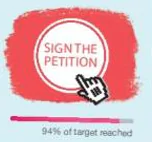


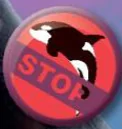
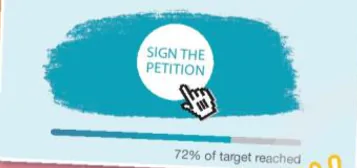
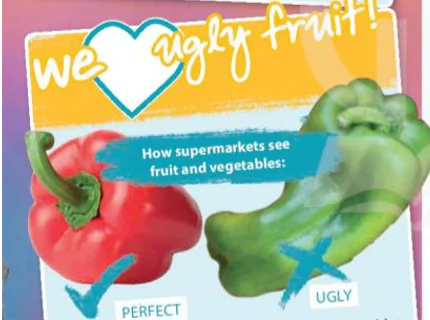
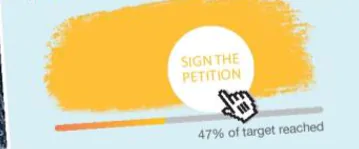
 four people Yana, Zara, Will, and Mitchell talking about petitions they have just signed.
four people Yana, Zara, Will, and Mitchell talking about petitions they have just signed.
 ............... fishing
............... fishing ............... to let
............... to let  ............... people live in empty houses
............... people live in empty houses ............... from
............... from 
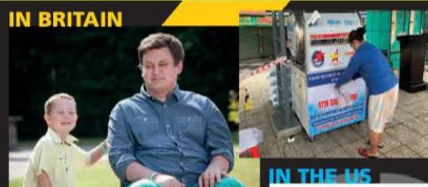
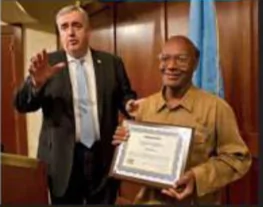

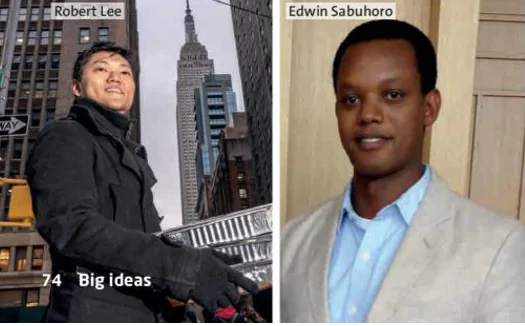
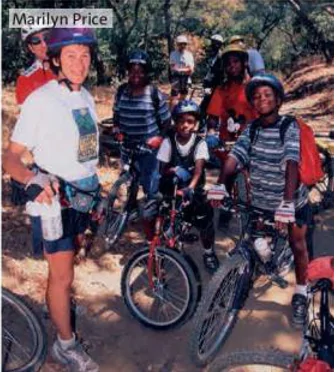

 ........................(you / make) if you ruled the world? Here’s what some people said:
........................(you / make) if you ruled the world? Here’s what some people said: ........................ (be) a member of the government, I
........................ (be) a member of the government, I  ........................ (support) the poor.'
........................ (support) the poor.' 
 ........................ (have) the power.'
........................ (have) the power.'  ........................ (be) president of the world, I
........................ (be) president of the world, I  ........................ (stop) teachers giving homework!'
........................ (stop) teachers giving homework!'  ........................ (allow) young people to vote if I
........................ (allow) young people to vote if I 
 ........................ (be) up to me, I
........................ (be) up to me, I  ........................ (introduce) taxes on junk food.'
........................ (introduce) taxes on junk food.' .....................?
.....................? ....................., and we want the government to make it necessary everywhere.
....................., and we want the government to make it necessary everywhere.
 .....................?
.....................? ....................., but it’s definitely worth the
....................., but it’s definitely worth the  ......................... .
......................... . .......................... rubbish.
.......................... rubbish.
 ........................... .
........................... . .......................... is to
.......................... is to  .......................... .
.......................... . .......................... the effort.
.......................... the effort.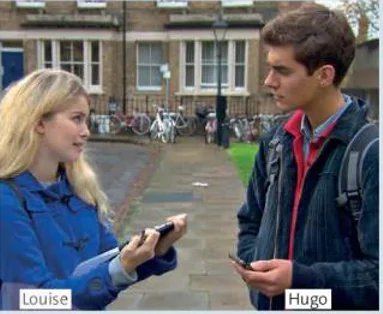


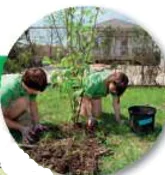
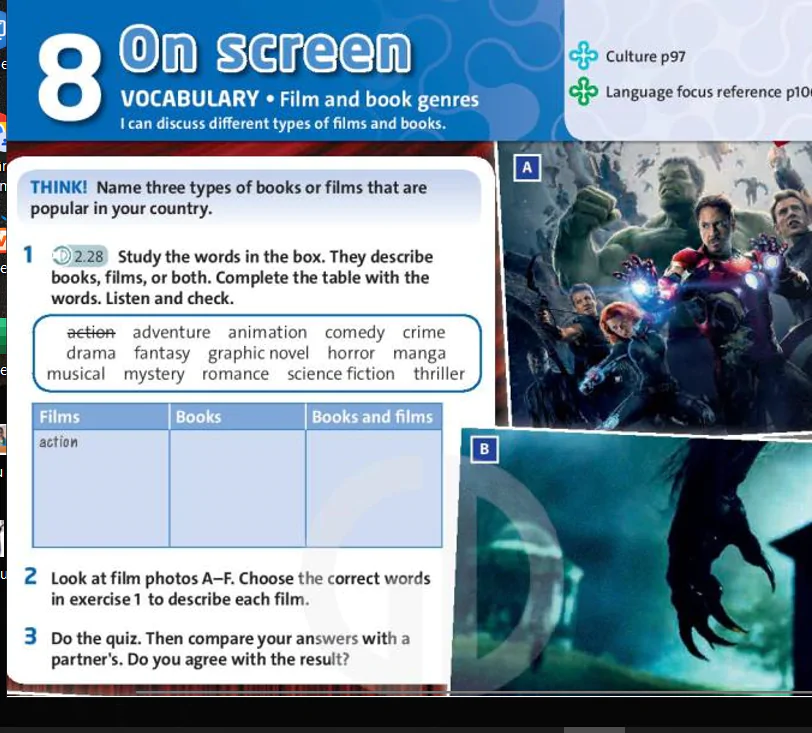
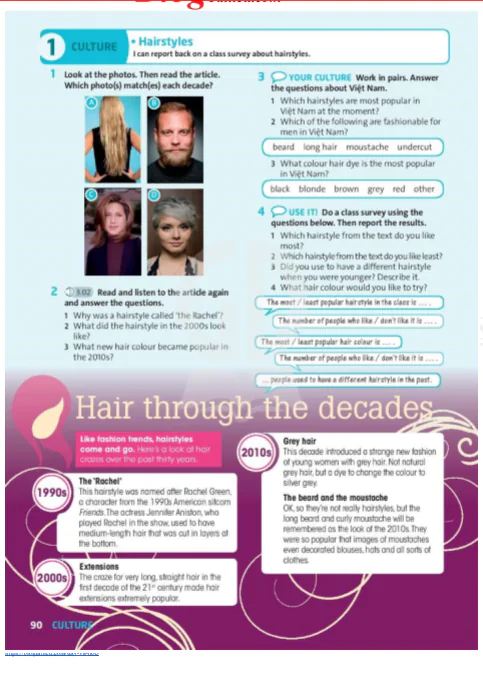
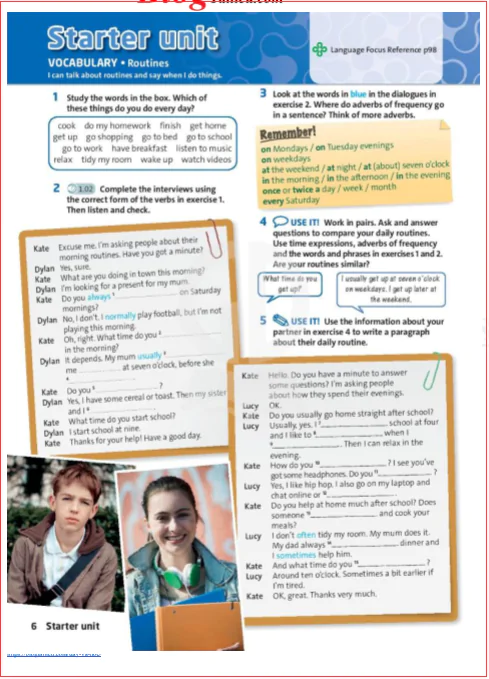
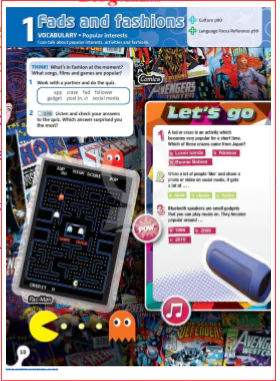
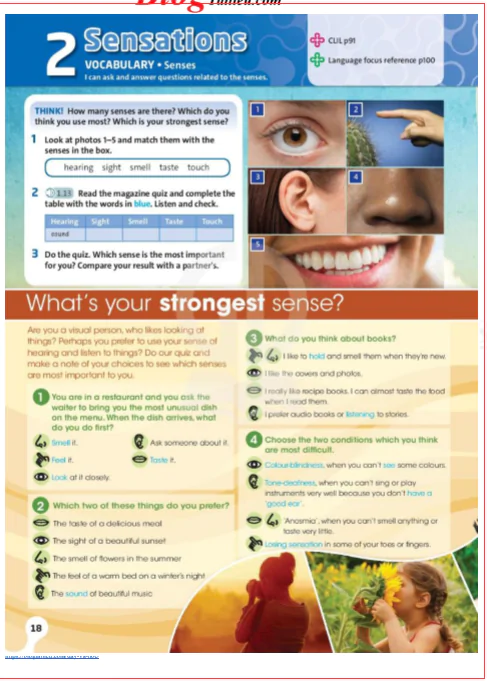

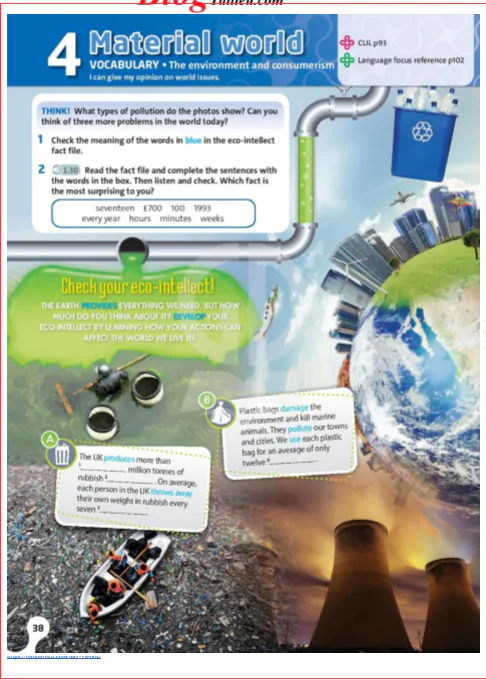
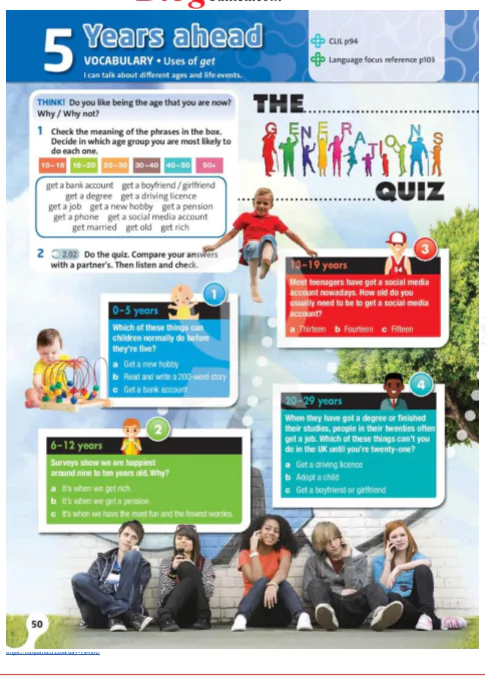
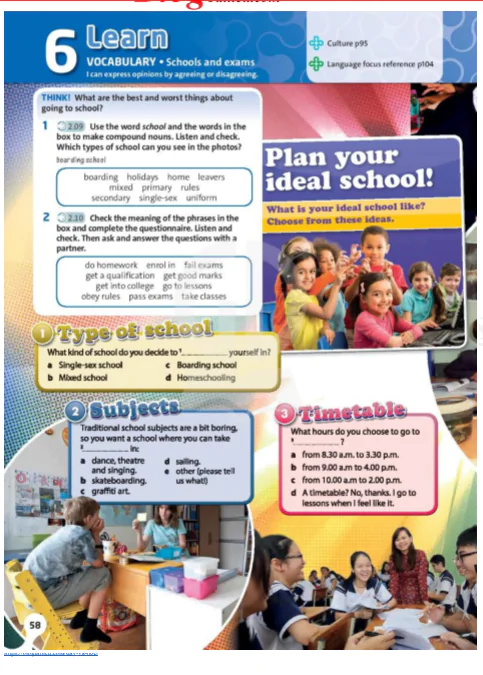
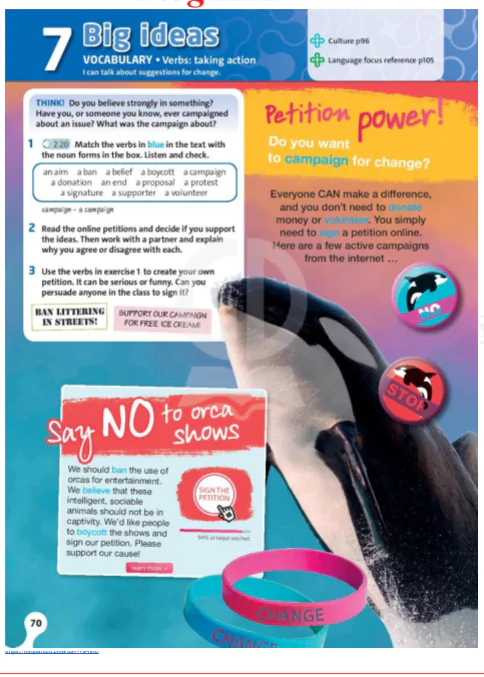
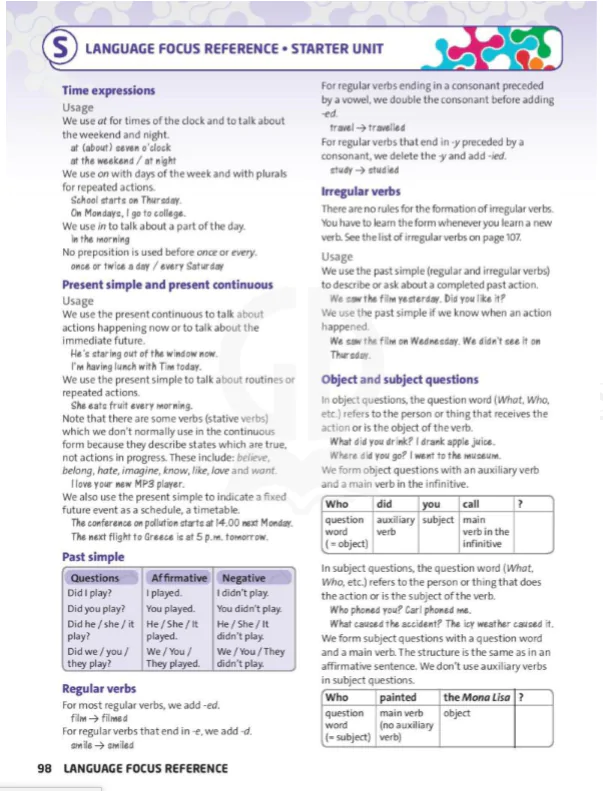
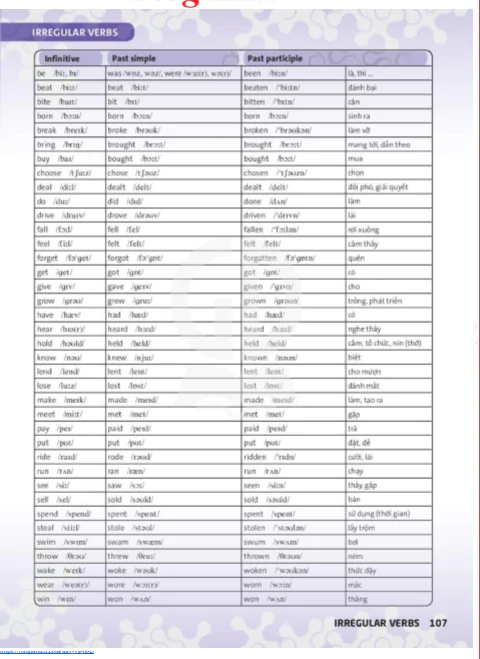





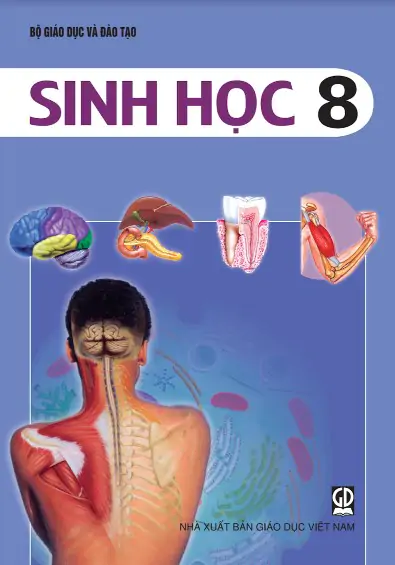





















Bình Luận
Để Lại Bình Luận Của Bạn